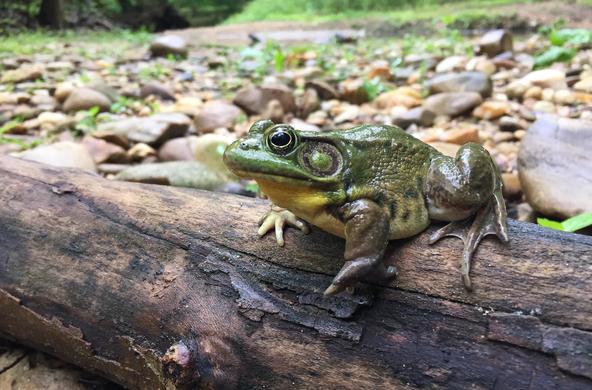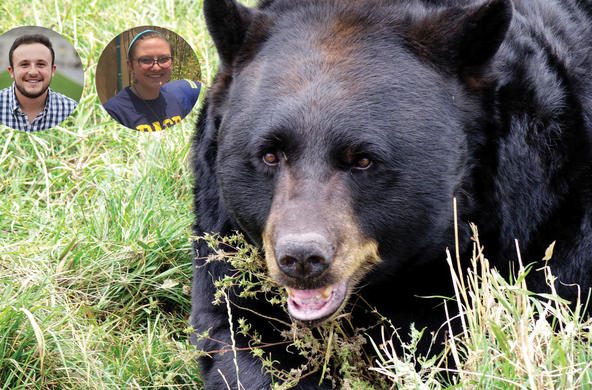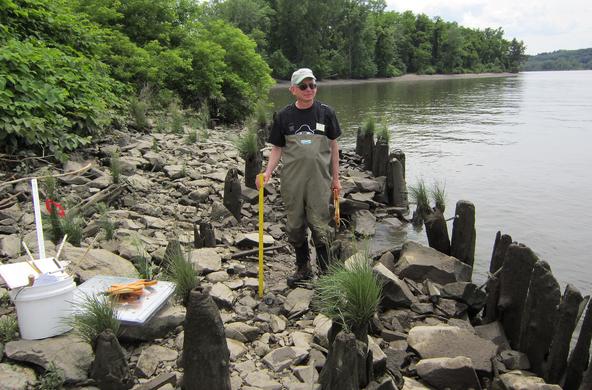I’ve blogged before on the impact of free-ranging domestic cats on wildlife.
In China, a new study estimates annual bird mortality from cats at 2.7 to 5.5 billion birds each year. Recent reports document a loss of about 30% of the birds from North America since 1970, and undoubtedly cats have played a significant role. Cameras mounted on collars (Kitty cams) document the hunting behavior and predatory success of cats. Cat predation averages 3.5 prey items per month, as reported by a worldwide survey of Citizen Scientists.
Cat owners have a variety of reactions to these statistics, ranging from denial (“my cat would not kill a thing”) to support (“I like my cat to live by its evolutionary instincts”) to deep concern (“I try to keep my cat indoors and bells would be a good addition to its collar”). While, for years, dog owners have tolerated lease-laws, many cat owners are opposed to generic restrictions against free-range behavior.
Human sympathy for cats extends to feral cats, where at best we find policies for “catch-neuter-and release”. Declawing the animal is never discussed; the cat is returned to feed on nature. Cats are impossible to discipline, but why do we give cats a full pardon for their actions?
Most cat owners do not relish the predation by their pets, and many indicate they would accept policies that would require a bell on cats’ collars. This is an easy, low cost first step to reducing a widespread human impact on nature. Next time you see a cat stalking in your yard, give a bell to its owner with instructions on how to install.
References
Crowley, S.L. M. Cecchetti, and R.A. McDonald. 2020. Diverse perspectives of cat owners indicate barriers to and opportunities for managing cat predation of wildlife. Frontiers in Ecology and the Environment 18: 544-549.
Kay, R., et al. 2020. The small home ranges and large local ecological impacts of pet cats. Animal Conservation doi: 10.1111/acv.12563
Li, Y., Y. Wan, H. Shen, S.R. Loss, P.P. Marra and Z. Li. 2021. Estimates of wildlife killed by free-ranging cats in China. Biological Conservation 253: doi: 10.1016/j.biocon.2020.108929
Loss, S.R., T. Will and P.P. Marra. 2013. The impact of free-ranging domestic cats on wildlife of the United States. Nature Communications 4: doi: 10.1038/ncomms.3961
Loyd, K.A.T. et al. 2013. Quantifying free-roaming domestic cat predation using animal-borne video cameras. Biological Conservation 160: 183-189.
Rosenberg, K.V. et al. 2019. Decline of North American avifauna. Science 366: 120-124.






